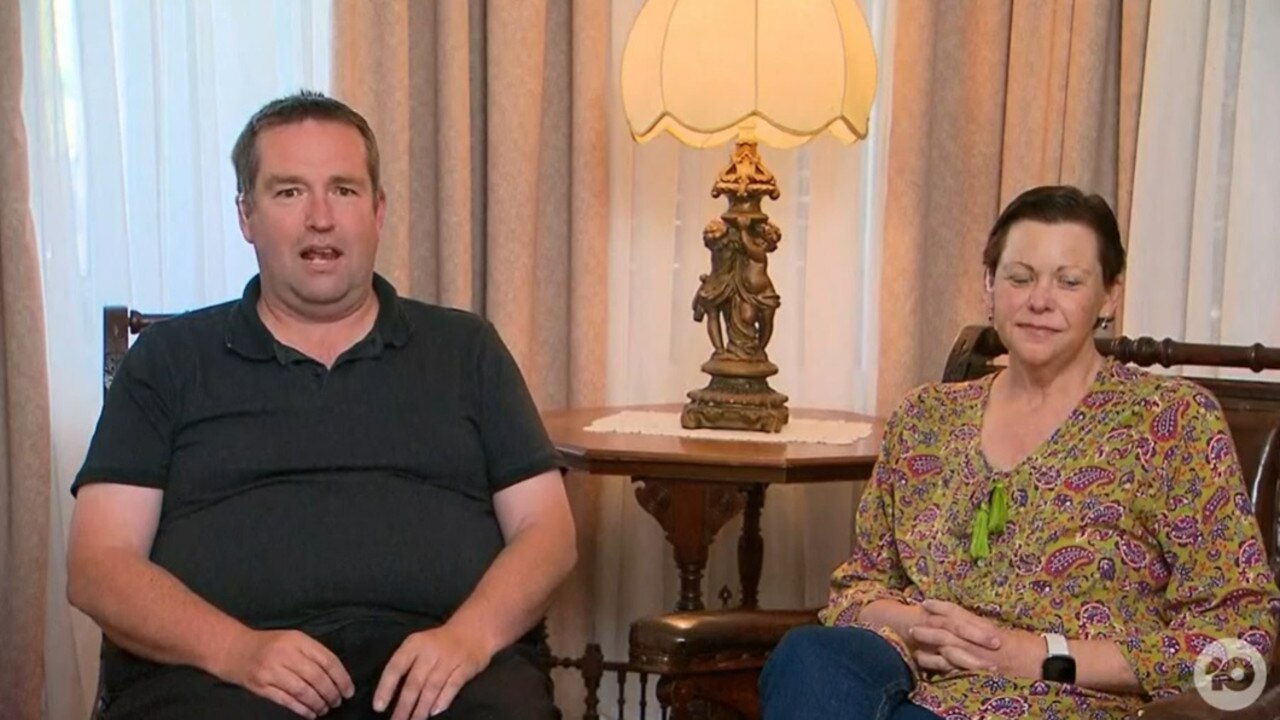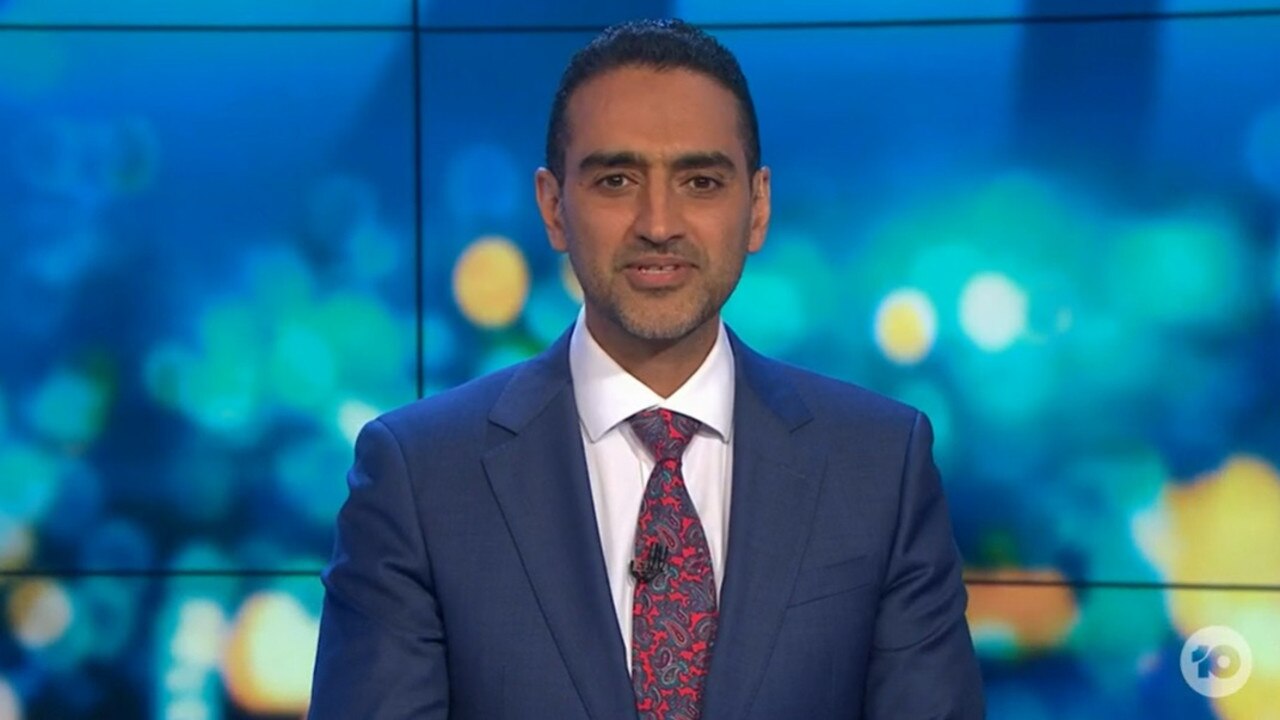Aussie mum’s warning to parents after Google accuses her of posting ‘child porn’
An Aussie mum’s life was almost runied when Google banned all her accounts and threatened to report her to authorities after son’s innocent prank backfired.
An Australian mother was accused of posting “child porn” on YouTube after her son’s innocent prank backfired.
NSW mum Jennifer Watkins’ life was turned upside down after one of her seven year old twin sons uploaded a video of himself flashing his bum as dare.

Google’s AI flagged all of her accounts, and unfortunately for Mrs Watkins it meant that more than a decade’s worth of the family’s digital data and memories were gone for good in a matter of seconds.
Mrs Watkins, who lives in New South Wales, appeared on The Project to share her story on Thursday in the hopes that she can save other parents from the same fate.
“I had no idea that they’d filmed anything,” explained Mrs Watkins.
“It was only when I got a message from YouTube saying that they’d closed my account and I thought, ‘What have they done?’ Then it was a few hours later that I heard from Google that they’d suspended my email account and was horrified. I had no idea what was going on.”
Google-owned YouTube has A.I.-powered systems that review the hundreds of hours of video that are uploaded to the service every minute. It means that some users can be labelled incorrectly by the system, and according to The New York Times, this had led to invidivuals being investigated by police, despite being innocent.
Immediately going into panic mode, Mrs Watkins told her husband what had happened and the pair reached out to Google to explain.
“The shocking part is just the lack of ability to do anything about it,” said Mr Watkins. “Google doesn’t want to talk to you. Everything is set up to be as automated as possible. It’s only the fact that we had a premium account that we could even get someone to talk to – not that they could actually do anything to help us.”
A child mucking around with a phone has led to digital chaos for one New South Wales mum, causing her to be locked out of her emails, documents and even some apps.
— The Project (@theprojecttv) November 30, 2023
Jennifer and Bruce Watkins explain exactly what has gone on. pic.twitter.com/DugoQb00ZG
With their refusal to help, it meant Mrs Watkins was no longer able to access her emails, work schedule, bank statements or even order food on certain apps that used Google Pay.
However, these were minor inconveniences compared to the notion that she could be reported to the police.
Mrs Watkins, who works as a nurse, is required to hold a working-with-children check as part of her job. If she were reported to the police, her entire career could have been at risk.
“They made it quite clear too in the email that they would report me to relevant authorities if they deemed that appropriate,” she told The Project panel.
“I need a working-with-children check for work, so I thought if anything comes up on that, then I don’t have a job. So I was very concerned.”
According to The New York Times, Google subsequently reported the video posted by Mrs Watkins’ son to the National Center for Missing and Exploited Children, a non-profit organisation that acts as the federal clearinghouse for flagged content. Google does this with every video it flags as child abuse, and it’s then up to the centre to decide whether to report the user to police. Mrs Watkins’ report is only one of many, however, with Google filing more than two million reports against its users last year alone.

Despite repeated attempts to get her account back, Mrs Watkins failed to persuade Google of her innocence, with the company informing her she had been banned due “child exploitation”.
However, all was not lost.
After more than a month of failed attempts to change the company’s mind, Mrs Watkins reached out to The New York Times, and shortly after Google restored her account. In a statement, the company said it now “understood” that Mrs Watkins had not uploaded the content “maliciously”
“We do not want our platforms to be used to endanger or exploit children, and there’s a widespread demand that internet platforms take the firmest action to detect and prevent CSAM,” said the company, using widely used acronym for child sexual abuse material (CSAM).
“In this case, we understand that the violative content was not uploaded maliciously.”
Mr Watkins shared the couple’s relief on The Project, and had a warning for other parents if they wanted to avoid suffering a similar fate.
“Our message would have to be – set your kids’ devices up with a disposable account,” he said. “That way, if they do something wrong, they don’t take you out as a casualty.”





